Here is what Glen H. has to say about my teaching :
“In my opinion, Curt is one of the most knowledgeable ukulele teachers today. His two websites, www.curtsheller.com and right here at LearningUkulele.com, provide a hint of his knowledge and abilities. His Learning Ukulele website has more than 700 lessons. Curt seriously studied and performed jazz guitar for more than 30 years before taking all of that knowledge of music and guitar and meticulously applying it to the ukulele.” — Glen
- All Ages and Levels of Student are Accepted And Welcome.
- All lesson material for the student is focused on students achieving their goals — not my goals. It's your lesson, NOT mine.
- Lessons can be in-person or virtual.
- My goal is NOT to teach you songs, but to teach you the principles that are inherent in every song. Allowing you to learn any song and develop your repertoire and voice. With that being said, songs are a great vehicle for learning the concepts and principles of music to be applied to learning ANY song and can be incorporated into the lessons.
- Focused, short and frequent practice is often more effective than long practice sessions. Here is a Checklist of Practice Principles for getting the most out of your practice sessions.
- It is NOT my function to motivate a student, but to help them find their own motivation and artistic voice.
- Any topic that will help you achieve your goals can be covered in the lessons. Over my 30 years of serious study with Chuck Anderson, we covered a lot of music, dealing with students, the music business, and non-music business — Nothing was off-topic.
- All lessons are customized to the individual students' goals. There is NO “One size fits all.” You start with a blank music manuscript book, and it all goes in there. If your goal is to learn song
So and So
or a particular strumming pattern – we can incorporate that into the lessons. - There are NO lesson assignments that are mandatory for every student. We do, however, build a solid foundation — based on your goals.
- Rhythm is an often neglected topic for most teachers, and one I consider essential. Through Chuck Anderson's Modular Phonetic Rhythm System — The Foundation and Workbook 1 , you'll learn Rhythm as a second language.
- We won't learn “licks” and “riffs”. You'll learn the underlying principles behind these
licks
andriffs.
Allowing you to learn, create, and develop your own. We work on developing your voice as a musician. - Lessons focus on developing your Mind, Hands, and Ears. Allowing your musical creativity to come out. Spoiler Alert: for stringed instruments and the piano, the hands take the longest to develop – It's these motor skills that take the longest to develop.
- Perseverance and persistence are more important than “talent” and “education.” Stick with anything long enough, and you tend to get good at it. Hook up with the right mentors, teachers, and you tend to get really good at it.
- For private and on-line students — If you show up consistently for the lesson, you are guaranteed progress. The time spent at a lesson is even more important than practice. Don't let a lack of preparation stop you from getting to your lesson. There is always something valuable to do at a lesson above and beyond the your current lesson material. There is no secret to learning music and a musical instrument — “Whatever you put in, you WILL get out.”
- Lessons are NOT school, and the practice you do at home is NOT homework. Think of it as more like exploration vs. practice. It's NOT
Play, Practice, and Rules.
It'sWork, Exploration, and the Principles of Music.
Duke Ellington said there are two rules in music.,Rule 1: there are no rules in music. Rule 2: See rule one.
- There are no timetables or deadlines on learning anything — Music is no exception. You set the goals and we work together to achieve your goals.
- Lessons will work on developing your voice — your own unique personality. There is already a
so-and-so
— ( insert your favorite musician here ) out there. - People that give up NEVER achieve their goals. As long as you don't give up, you will always be moving forward to obtaining your goals. Goals often adjust or change — but forward motion and guaranteed progress comes with persistence.
- I teach helping those who have asked for help. I have personally always studied and learned new material. Not only that, but I took lessons from the time I was 9 or 10. I continued until recently ( over 50 plus years ) and continue to explore new material on my own and revisit and refine what I've already learned through my previous studies. I studied contemporary and jazz guitar as well as anything music related and the music business that I brought up in lessons with Chuck Anderson for well over 30 years of my adult life.
- Generally in music if it sounds good it is good.
- Music is not a competition or sport. The proverb says,
It's the journey — not the destination.
- Although reading standard music notation is not mandatory, — It'S helpful. Learning to read music opens you up to music from other instruments.
- You are not going to learn this or that instrument in 7 days or 30 days. There is no
easy
method, there are no shortcuts, but there are many ways to learn efficiently. At times, it might not seem likefun
. But — I can guarantee that the better you get, the morefun
you'll have. It's a challenge at times, but well worth it the journey. - Don't forget to build on a solid musical and technical foundation in your quest to get
advanced.
- Slow and controlled leads to virtuosity. It's all about efficiency of motion. Work smarter, not harder. Speed is a by-product of performing accurately and in-control. I tell my students that
Fast is nothing more than slow, quicker
. - There are no tests, no grades, and no performance reviews or recitals. You always go at your pace.
- I recognize and ask why each student is taking lessons. I do not assume that everyone has the same goals, reasons, or motivations. It's great that I can help you develop your voice in music. I'm going to help you develop on your chosen instrument and as a musician, and NOT learn to play like me. I'll never sound like you, and you'll never sound like me. There is already one me out there.
See my gear page for a few of my guitars that are for sale. I pretty much only play guitar to show a student something. So, a couple of really great guitars need some playing and good homes.
Now let's get to work!!!
Should You Study Music With A Teacher or Should You "Wing" It On You Own?
This question always comes up in this type of discussion about music.
Here is Chuck Anderson's take on the question.
An objective assessment of the two alternative approaches leads me (Chuck Anderson) invariably towards the formal route. Why? Because without guidance, there is a tendency to go in circles, What do you practice, when do you move to the next topic? When are you doing something wrong? How do you practice what doesn't exist to you?
— Chuck Anderson
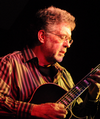
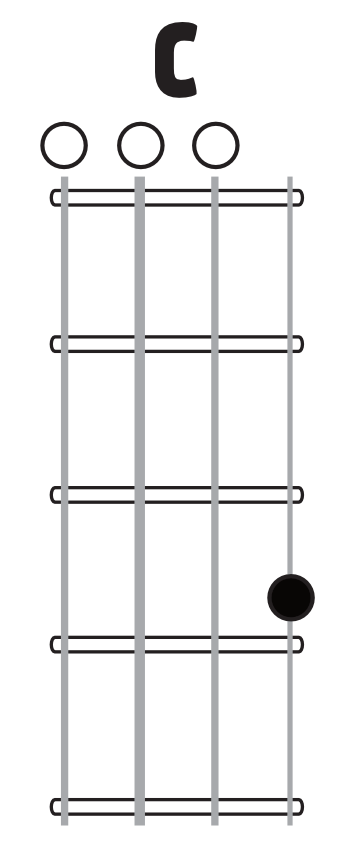
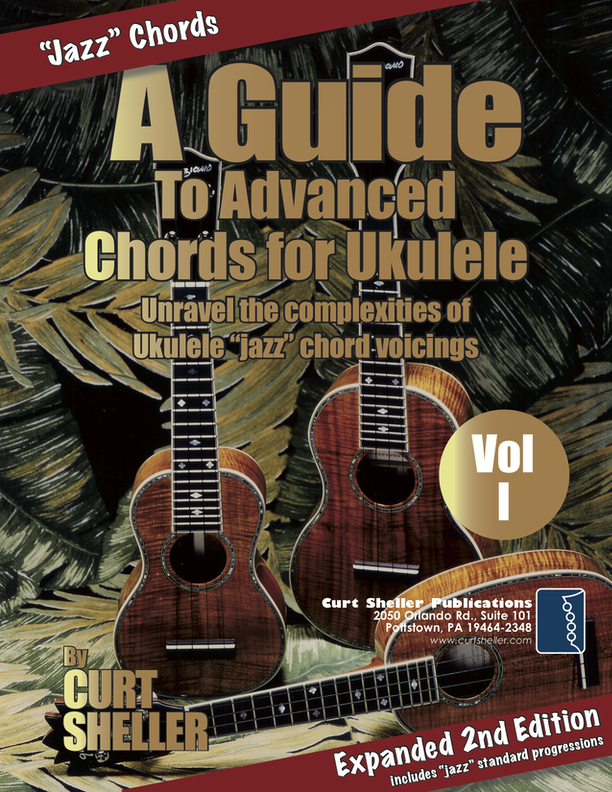
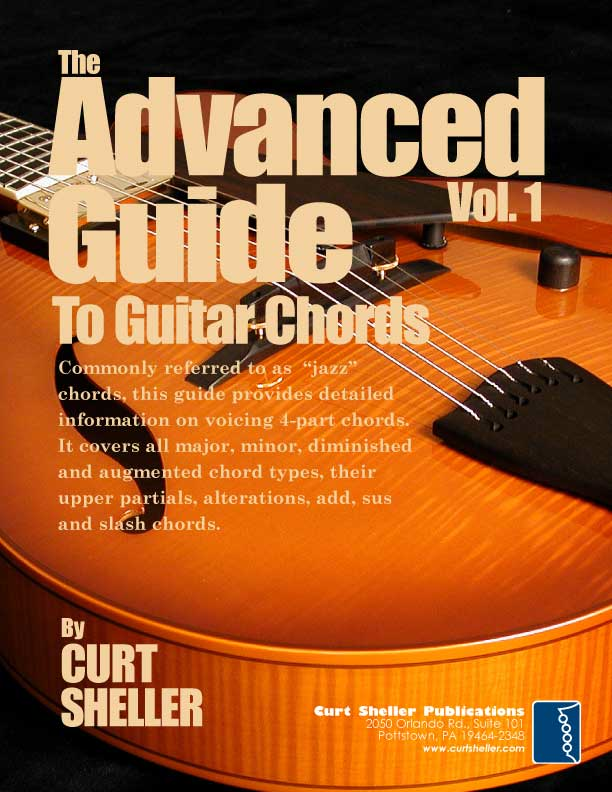
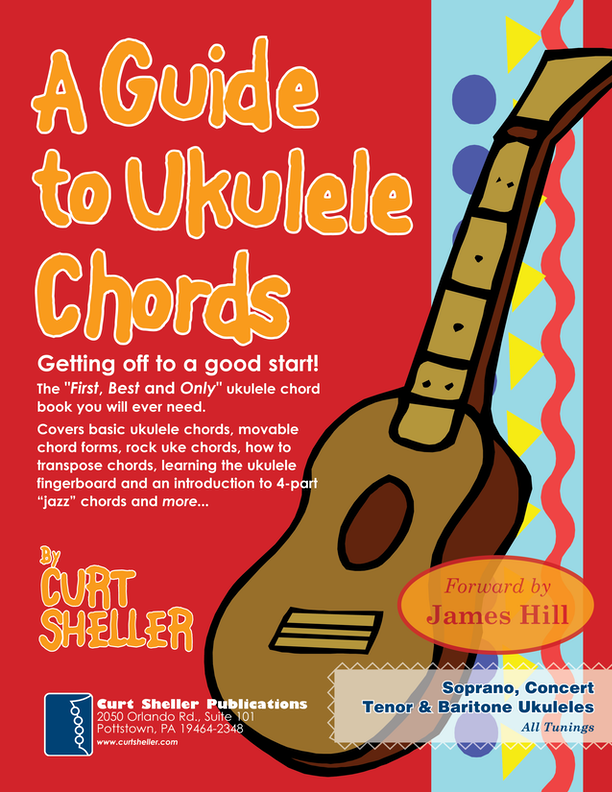
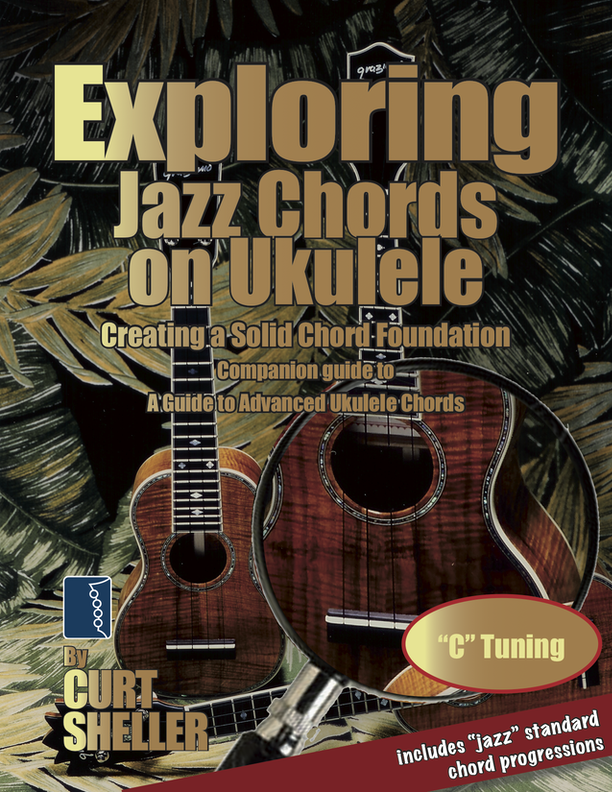
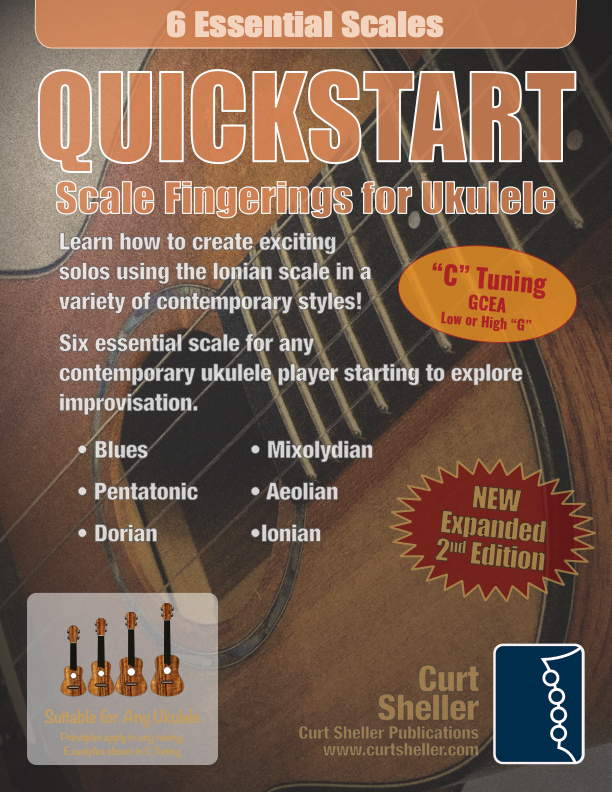
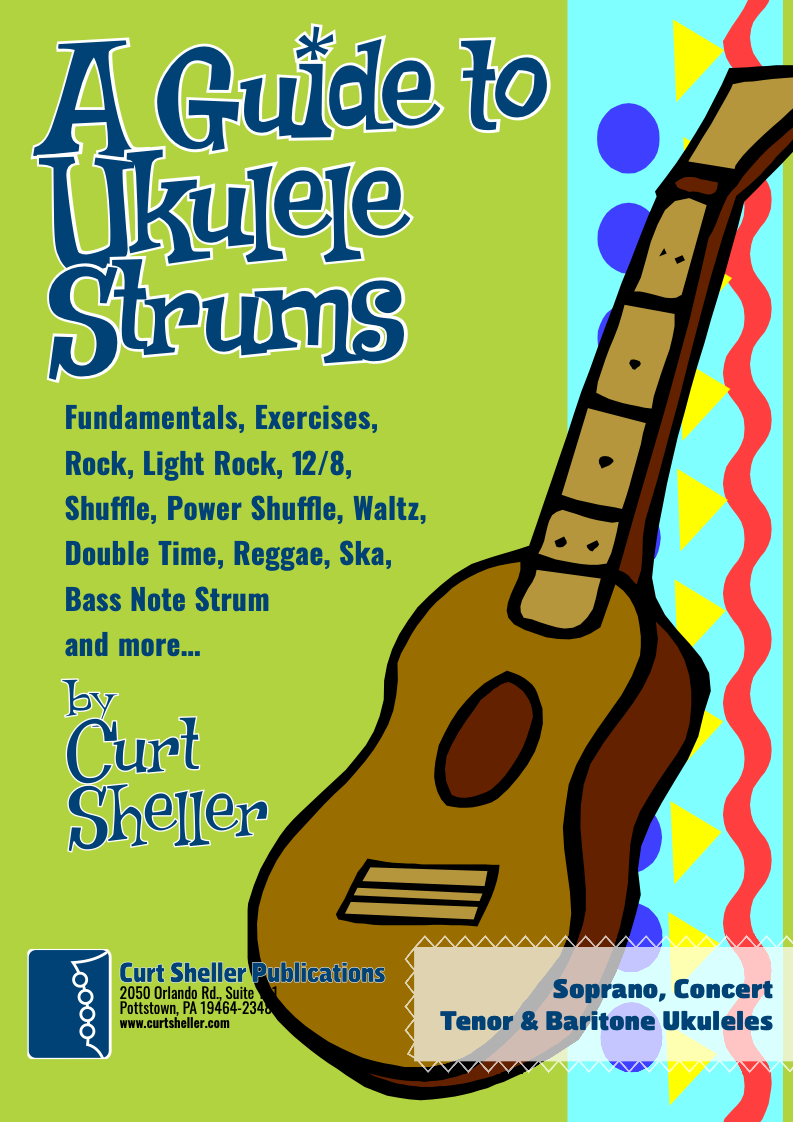
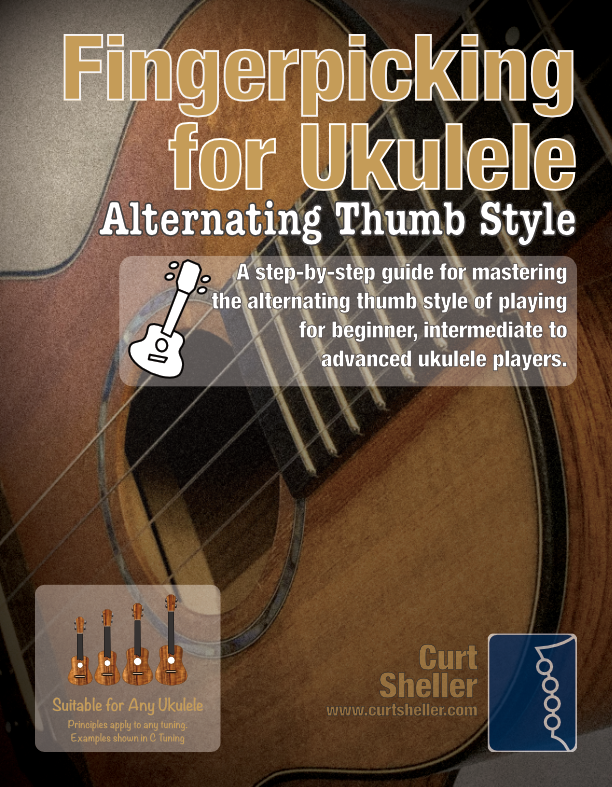
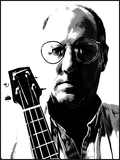




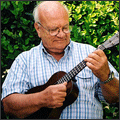


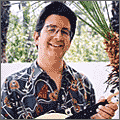
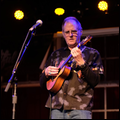




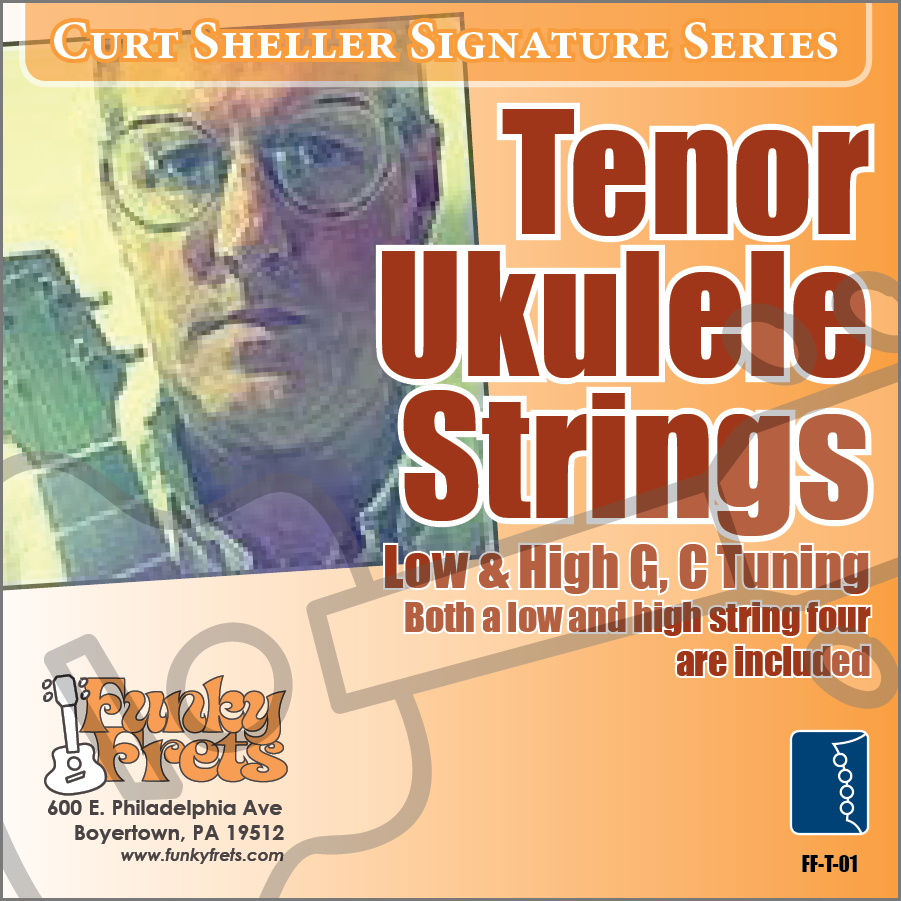
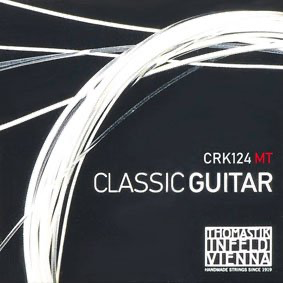
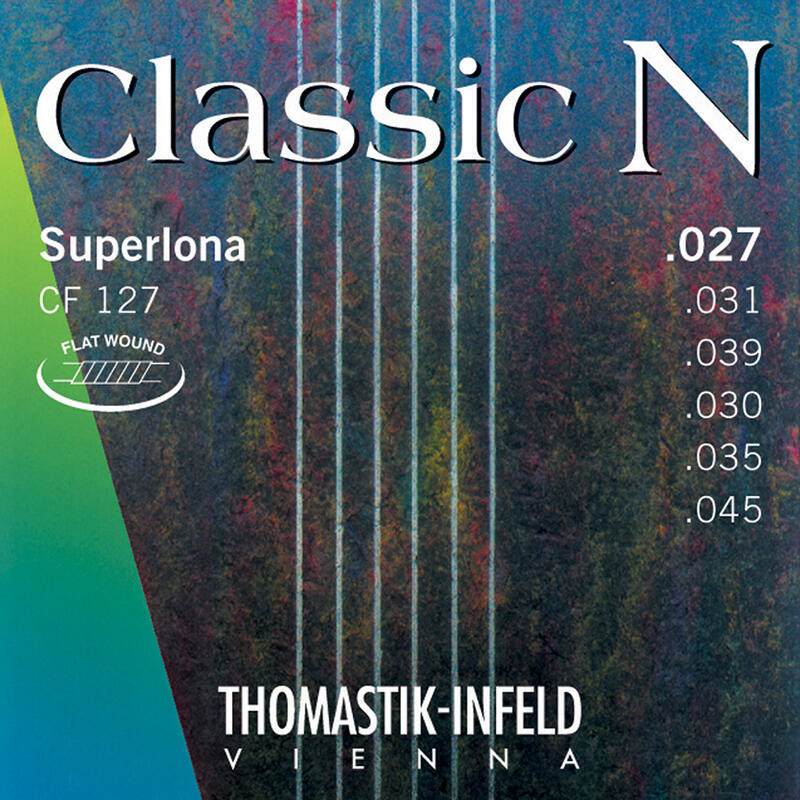
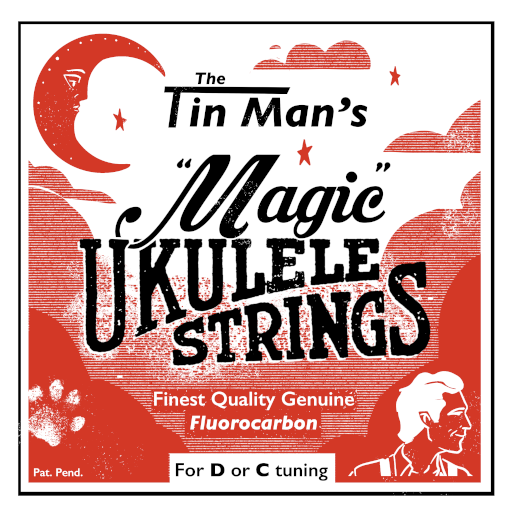
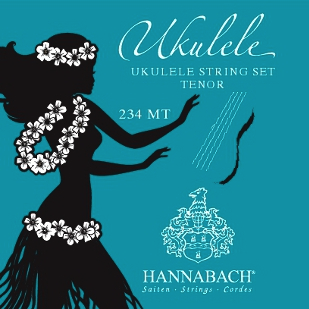
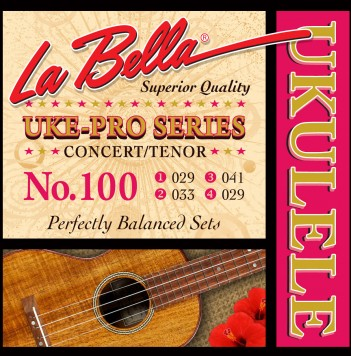
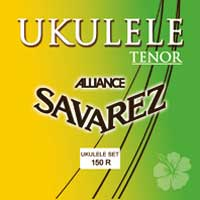









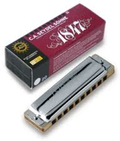
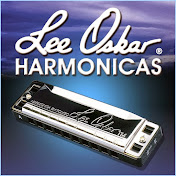





 supportukrainenow.org
supportukrainenow.org
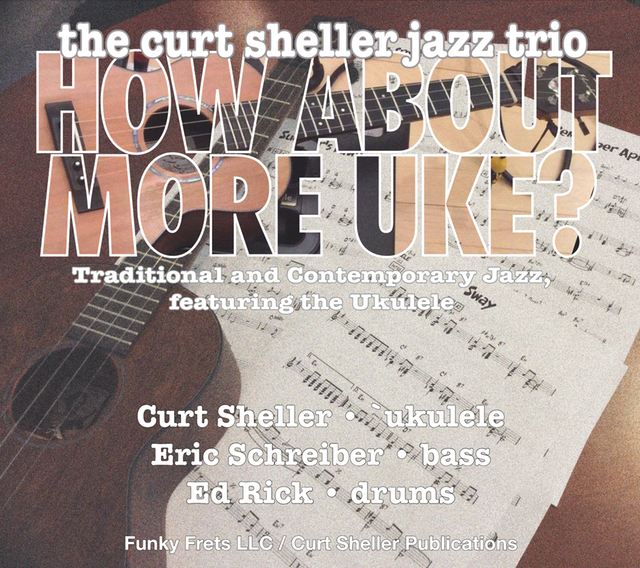
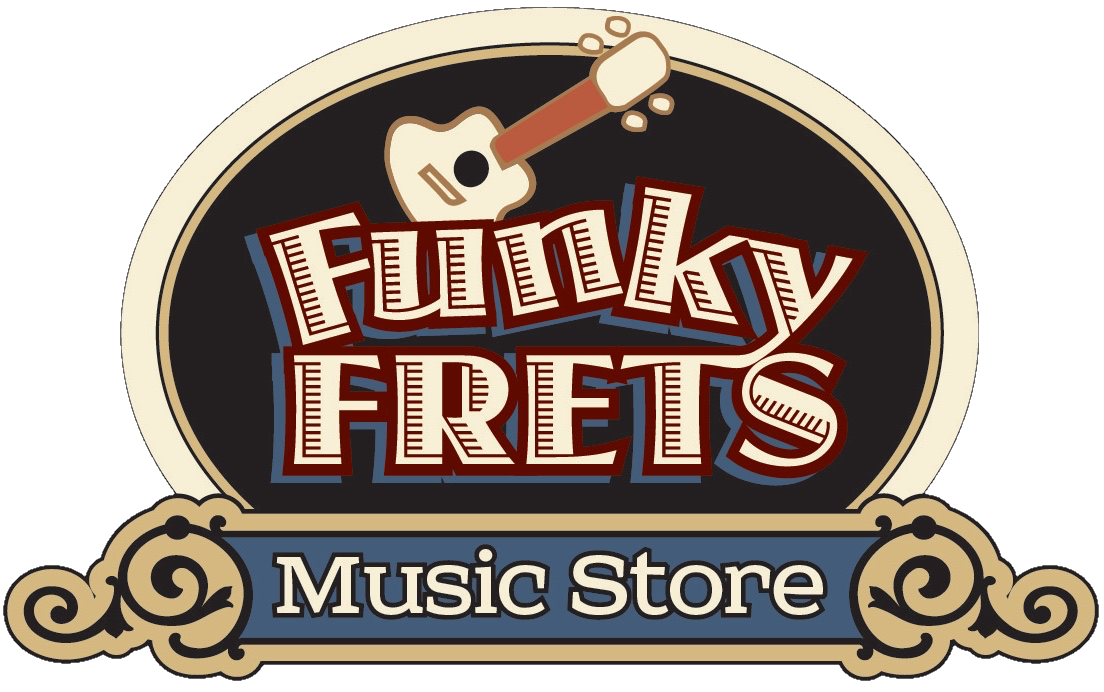
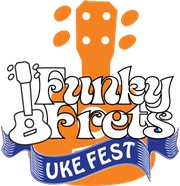
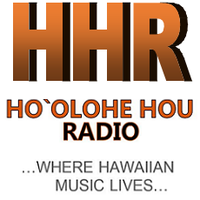




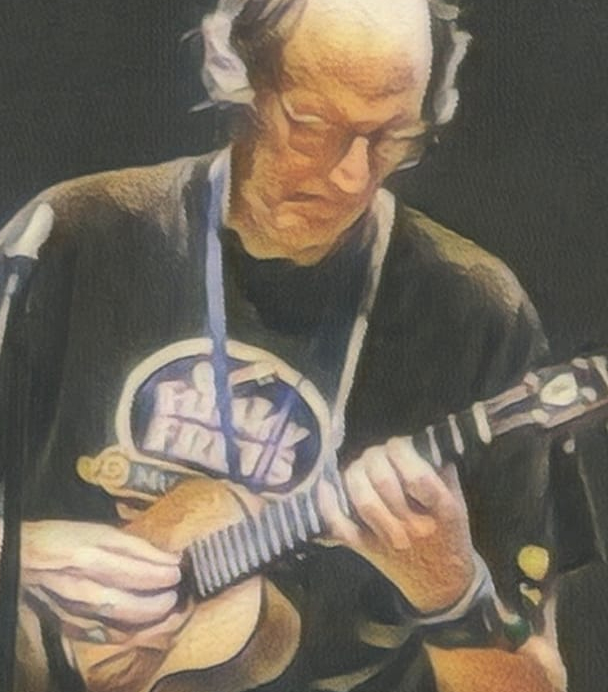
 All Ages and Levels of Student are Accepted And Welcome.
All Ages and Levels of Student are Accepted And Welcome.